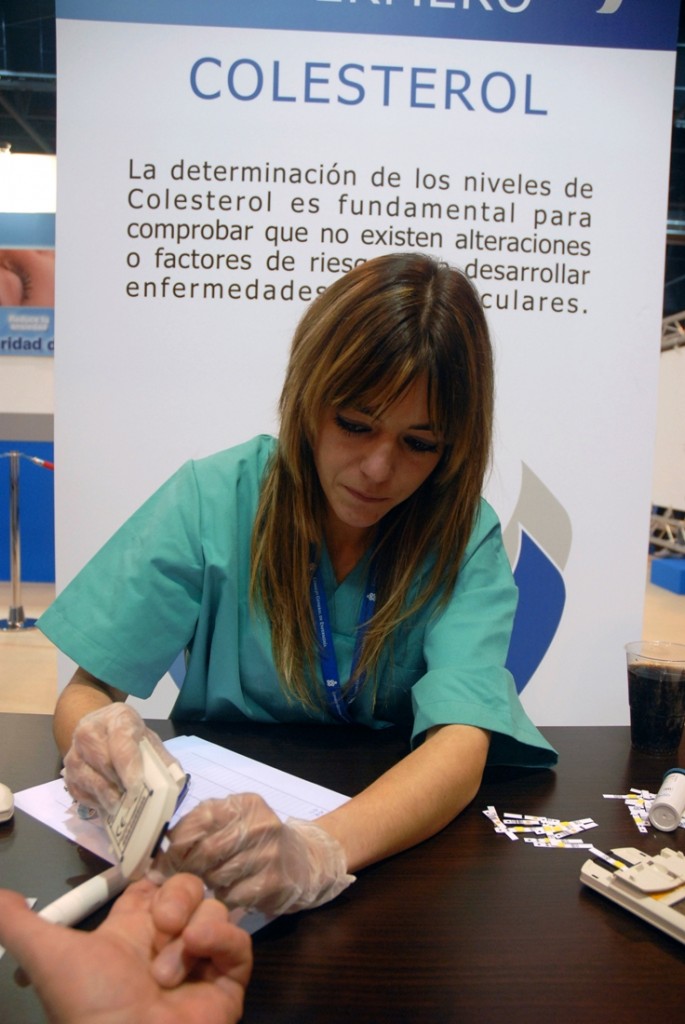Researchers have developed a new cholesterol vaccine that looks promising to end the need for daily intake of cholesterol-lowering drugs. A joint effort funded by the National Institutes of Health and carried on by a team from the University of New Mexico, the vaccine could be the next big breakthrough in the treatment of bad cholesterol accumulation in the body.
About 75 million United States residents reportedly suffer from high cholesterol levels making them prone to heart diseases, diabetes and other atherogenic diseases. Low cholesterol drugs reportedly have a market value exceeding $2 billion a year.
Trial results published in Vaccine journal indicate the more effectiveness of the new vaccine in lowering the level of bad cholesterol compared to statins, the most-prescribed class of cholesterol-lowering drugs. Administered to mice and monkeys, the cholesterol-lowering agent in the vaccine is found to specifically target PCSK9 protein responsible for regulating cholesterol level in the blood.
Human body contains two types of cholesterol - good cholesterol or HDL (High Density Lipoprotein) and bad cholesterol or LDL (Low Density Lipoprotein). Higher levels of HDL are beneficial while LDL increase is linked to atherosclerosis and coronary heart disease.
The liver has receptors in the form of enzymes that filter LDL from blood. The PCSK9 protein causes break down of these receptors leading to non-removal of LDL cholesterol from blood. As a result, cholesterol deposits in the arterial wall create plaques inhibiting the blood-oxygen flow.
The vaccine blocks PCSK9 protein rendering it inactive and thus frees enzymes, which remove higher amount of bad cholesterol from blood. Two PCSK9-blocker drugs, alirocumab and evolocumab, are already marketed following the FDA approval in 2015. Their high price, however, deter many from considering them to be an alternative to statins.
Statins, on the other hand, continues to be the most popular cholesterol-lowering drugs. But recent researches link these drugs, most prominently atorvastatin (Lipitor), to the increased risk of diabetes in users. Thousands in the United States have filed product liability lawsuits against drug makers for diabetes and other side effects linked to statin cholesterol drugs.
In January, reports first highlighted efforts by Pfizer to introduce cholesterol-lowering injections. It was followed by more research and animal trials, as more pharma companies joined the race. Pfizer is expected to have human trials of the vaccine in 2016.
Cholesterol is produced in the body and essential for food digestion, making of hormones and synthesis of vitamin D. According to the American Heart Association, HDL level in the blood should be 60 mg/dL or more while LDL should be at 100 mg/dl or less with total cholesterol not crossing 200 mg/dl. A healthy lifestyle with regular exercise and fiber-rich diet and free from smoking, obesity and unhealthy fats is crucial to maintain optimum cholesterol levels.



























